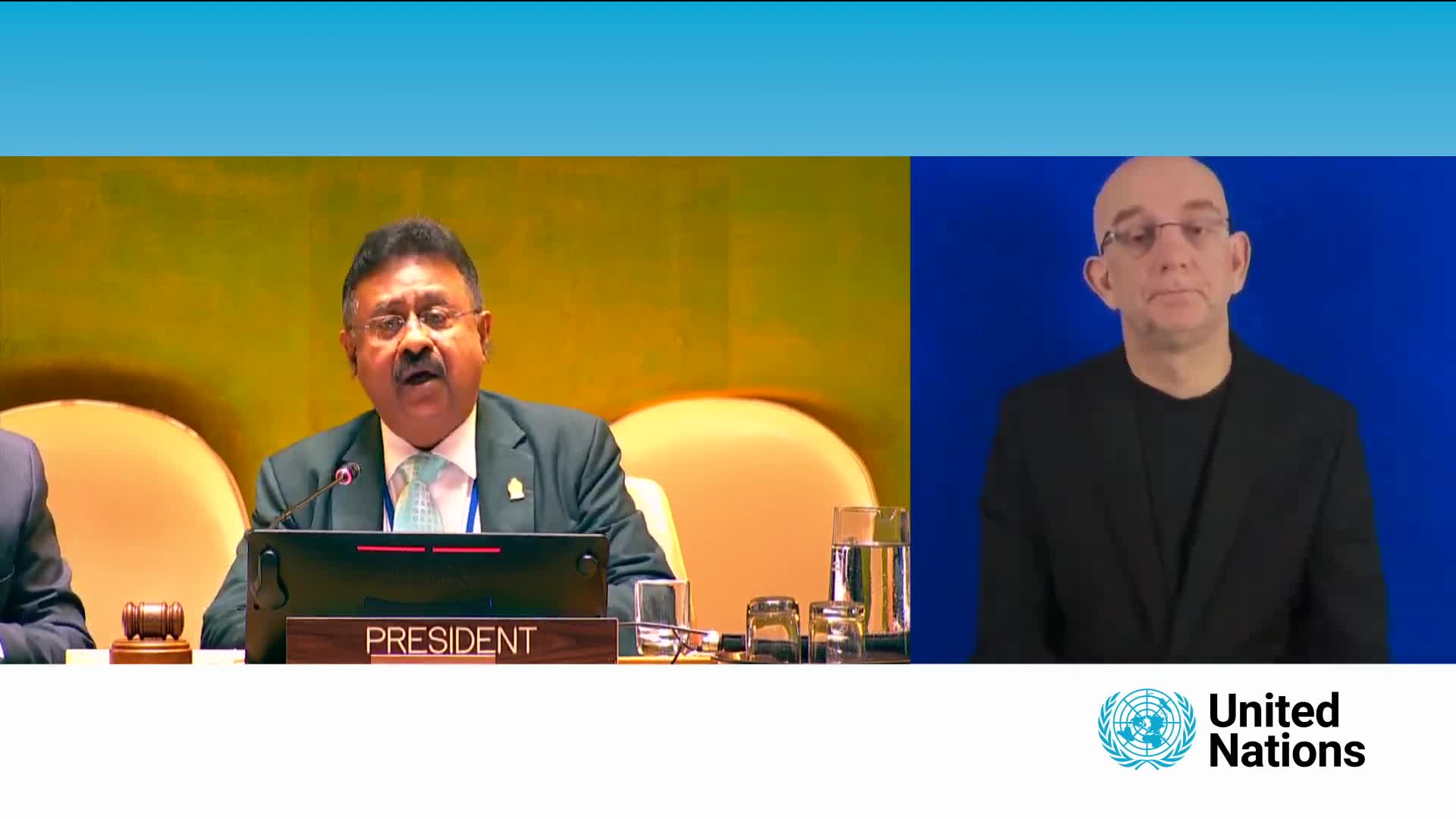Article not found
This article is no longer available. But don't worry—we've gathered other articles that discuss the same topic.
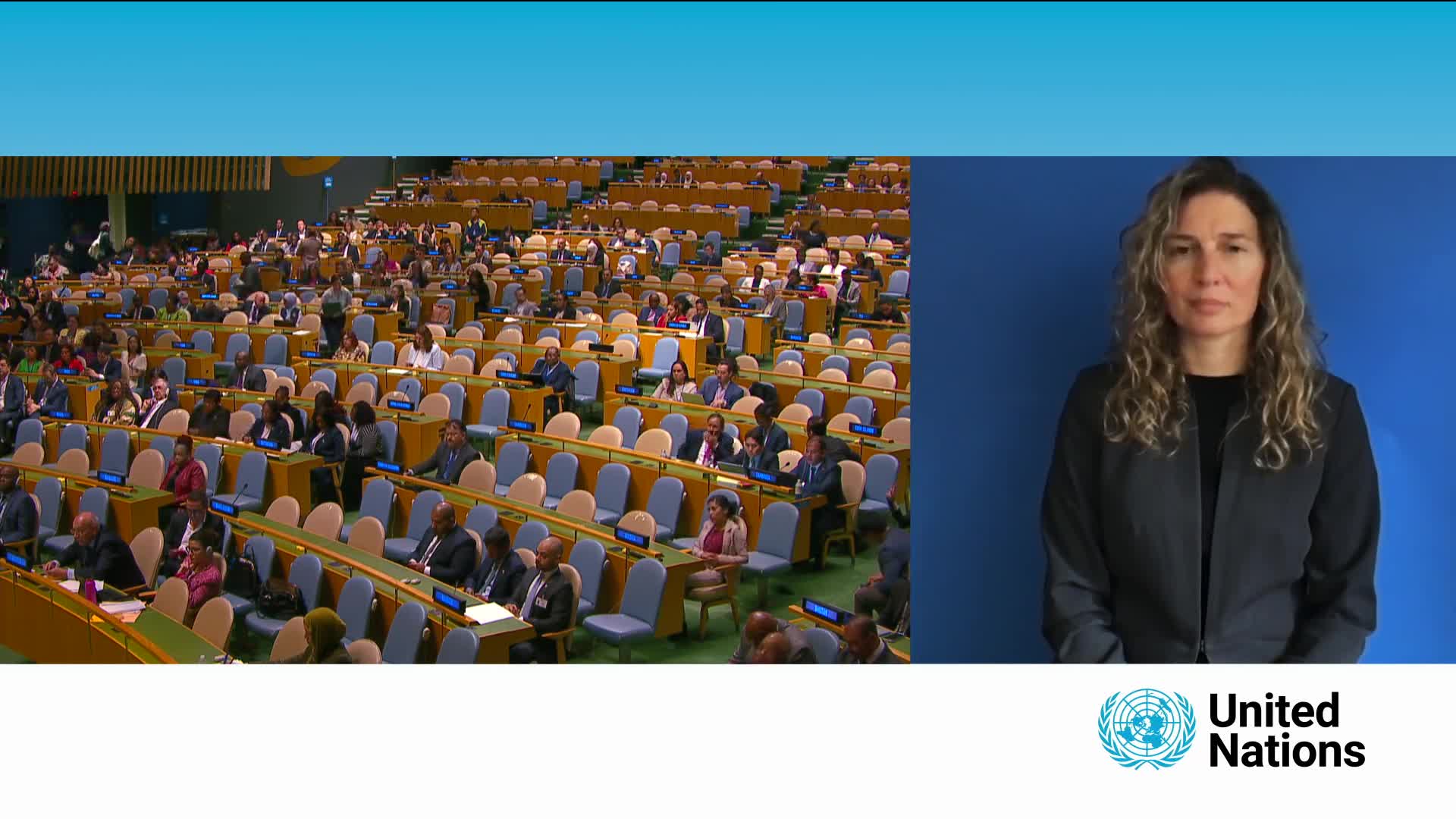
Chair of CRPD committee warns budget and capacity constraints limit reviews and interpretation services
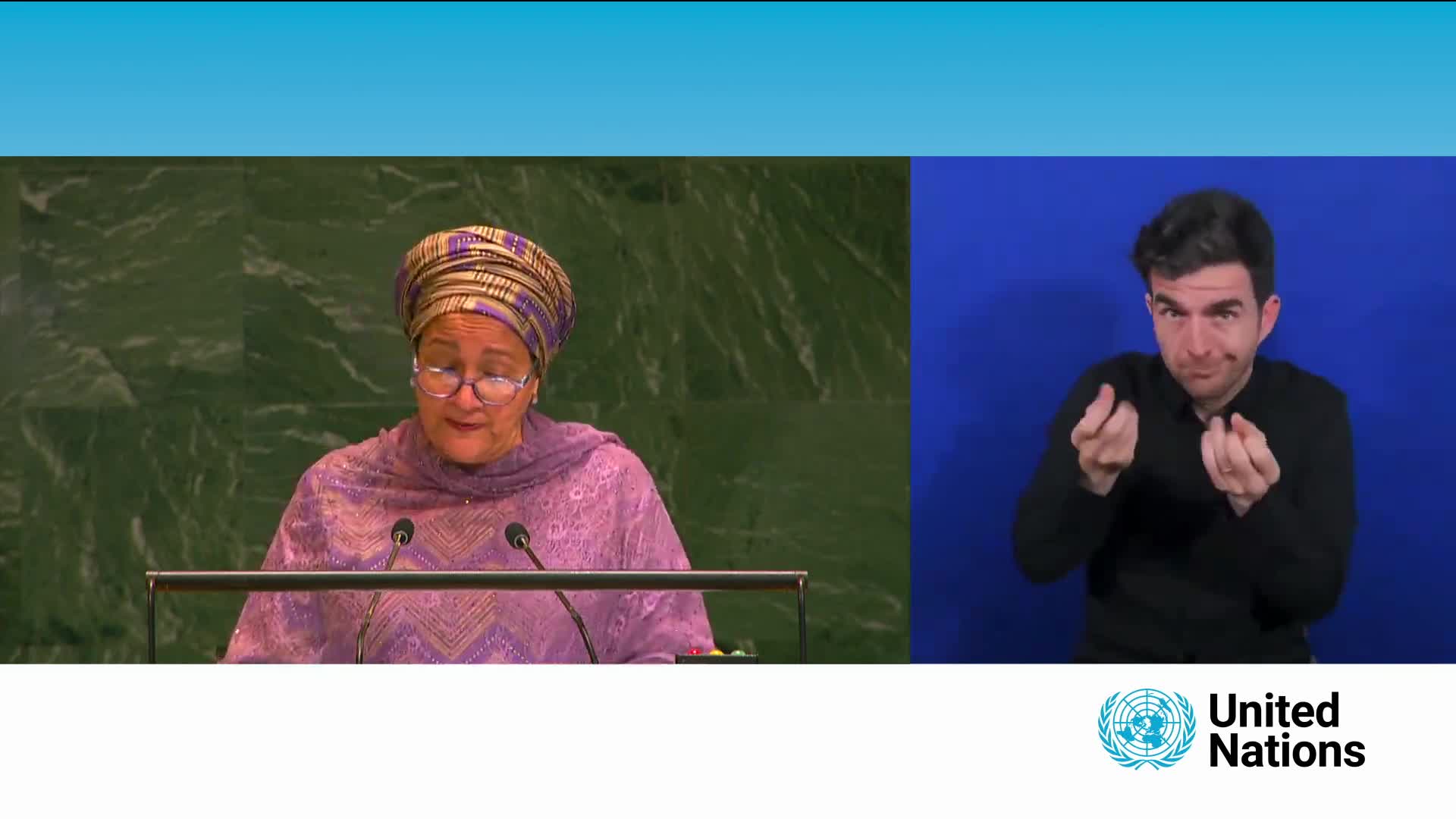
Experts at COSP call to scale assistive technology and make AI accessible to persons with disabilities
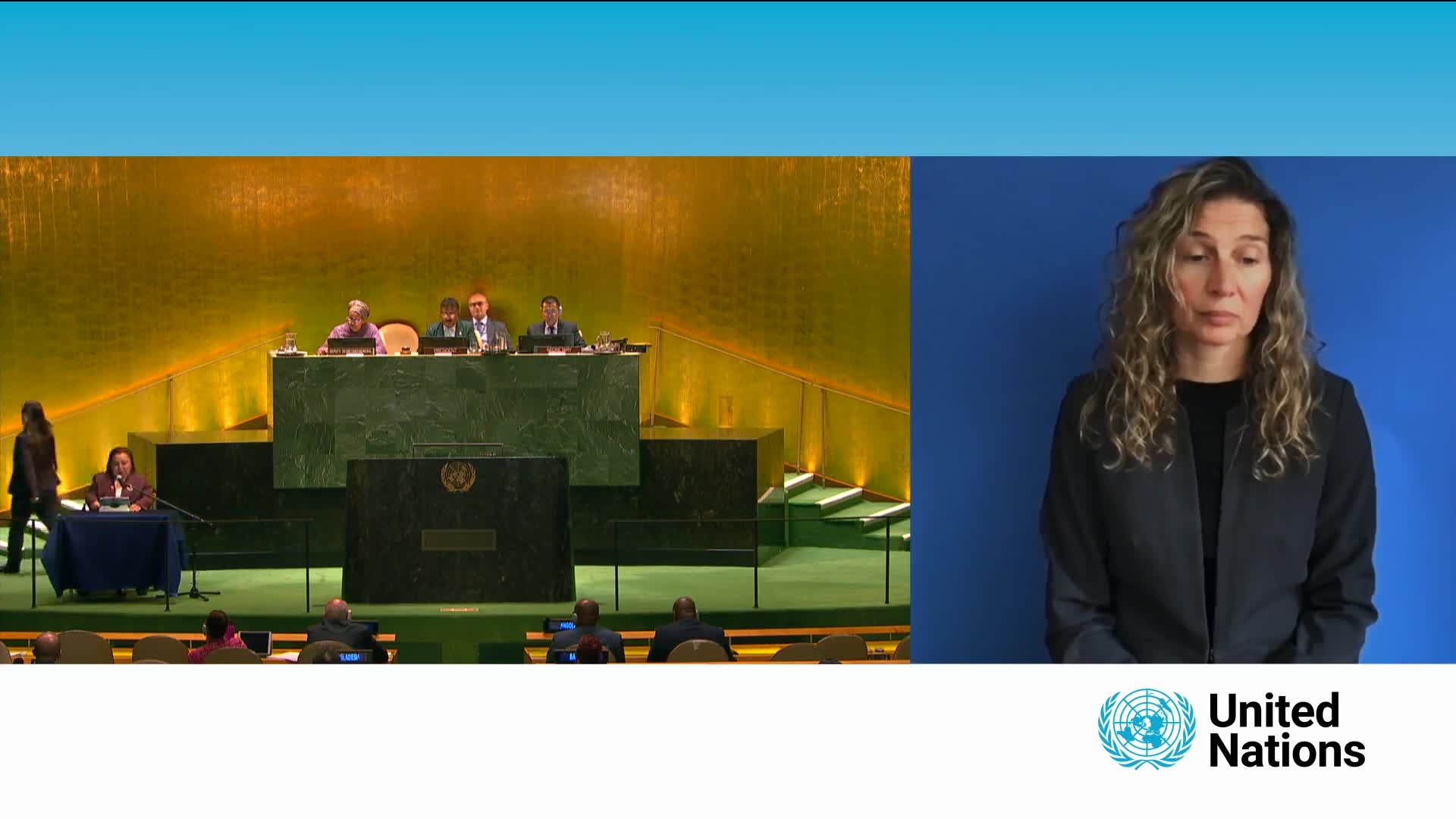
Delegates and rights experts call for urgent humanitarian aid and disability-inclusive response in Gaza, Ukraine and other conflict zones
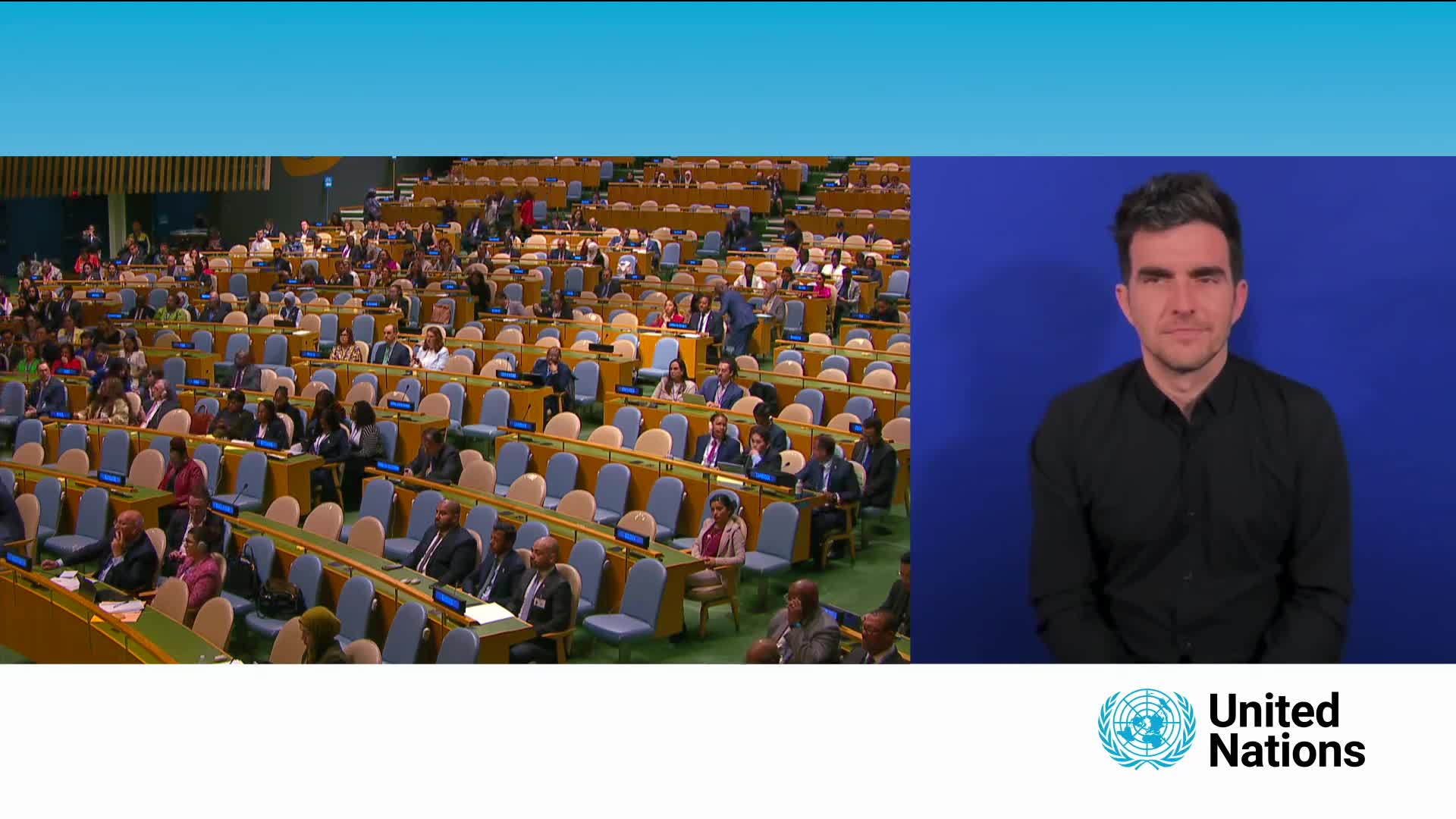
UN deputy secretary-general urges new financing, warns aid for disability inclusion has halved and calls for accessible AI and focus on indigenous persons
